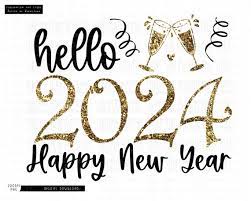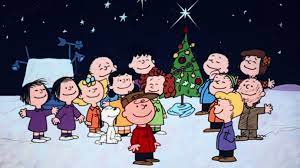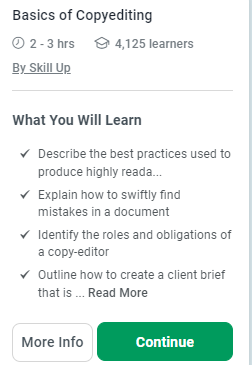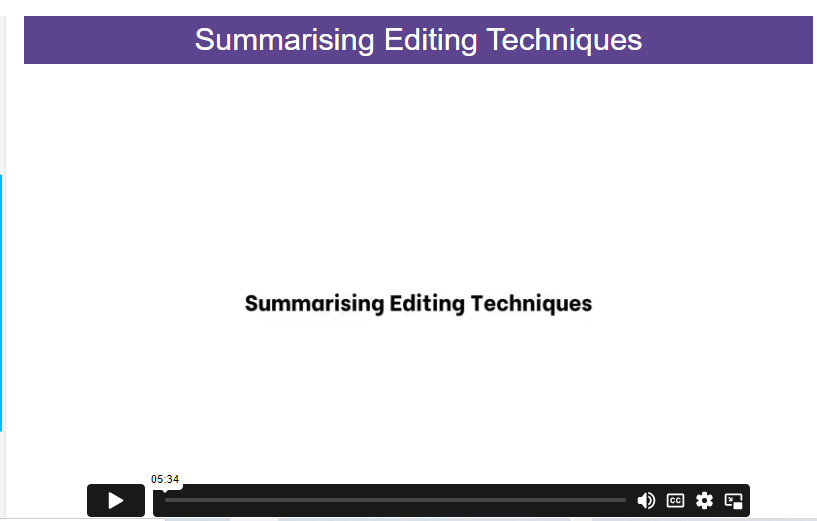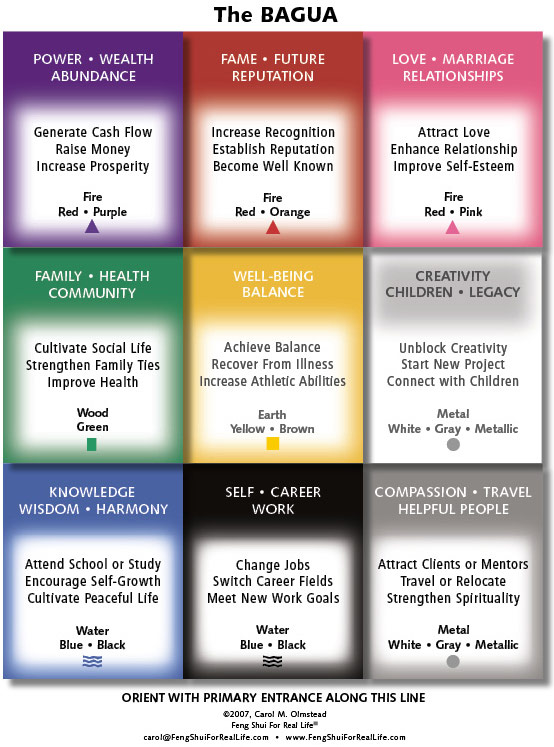
Quote by author Elizabeth Gilbert from the book/movie, Eat Pray Love
Lesson Learned…Again and Again
I watched Eat Pray Love again last weekend, for the umpteenth time…and each time I watch it I glean some lesson, either newly learned or temporarily forgotten, from the wise and wonderful words written by author Elizabeth Gilbert. I found the book much funnier than the movie because her voice was more present in the writing but not in the overall script. I keep returning to the movie for bits of badly needed wisdom, as if it were a roadmap of my own life.
Like Humpty Dumpty, Only Better
What always hits home for me is the quote above about transformation. About getting knocked down repeatedly and rearranging yourself or your life because it’s necessary in order to move forward, out of a stuck place. The message is: You have to be willing to fall apart to put yourself back together again.
It’s also a bit like my Badly Designed Parking Lot post…because it’s about recognizing what isn’t working for you in your life (job, home, relationships, writing gigs, etc.) and making a conscious decision to change what needs to be changed. Change is always chaotic until the cycle is complete. Only then can we see in hindsight that those changes were right and necessary, however uncomfortable. Getting out of our comfort zones is what activates us; staying in those comfort zones (fear of change), whether you realize it or not, is not all that comfortable. It’s just familiar (read: less scary).
Ouch, That Hurts…
As of late, I have been banging my head against the proverbial brick wall with – surprise – the same (undesirable) result each time. And when I made a decision to finally and completely let go, I went quiet inside because, as I now realize, it was the right decision, no matter how risky I deemed it to be. The proverbial leap of faith. And it paid off.
Long story short: Two years of temp jobs weren’t working out (for a variety of reasons) and the last one, due to run about eight months, was cut short after only four days, by the client. I wasn’t all that upset – which surprised me – but my approach to this ongoing issue (that brick wall I’d been banging my head against for two years) was simple and logical. I sent an email saying I no longer wanted to work for the agency or their client. I was done being chewed up and spit out.
We are often forced down that road to transformation because we reach a boiling point, a point where no amount of contrition from the trespassers will keep us from making the right and necessary decision.
The Relief, the Freedom
My (new) passive income kicked in this month and allows me time for art projects I’ve been putting together. Hundreds of ideas zip around in my head and my imagination has free reign in my brain. Now I have both options and time (but not too much $$ but that too can be changed with a little effort). What a feeling. A family member responded to my news with this: So you have joined the ranks of the “senior, experienced, wise, freed up, interested, etc.” Enjoy while you can.
I plan to. Because all the ruination/transformation that has defined so much of my life seems to finally be winding down. And I can breathe. Truly and deeply. And it feels oh, so good.
And so can you. If only you let go. So what are you waiting for?
#EatPrayLove #ElizabethGilbert #amwriting #author #lettinggo #transormation #authoroninstagram #fiction #poetry #life #writinglife #meditation #art #painting #imagination #passiveincome #watercolors #acrylicpainting #oilpainting #sketching #abstractart #myart #makearteveryday #artlovers #artists #creatives #artistoninstagram #creativity #artsy






